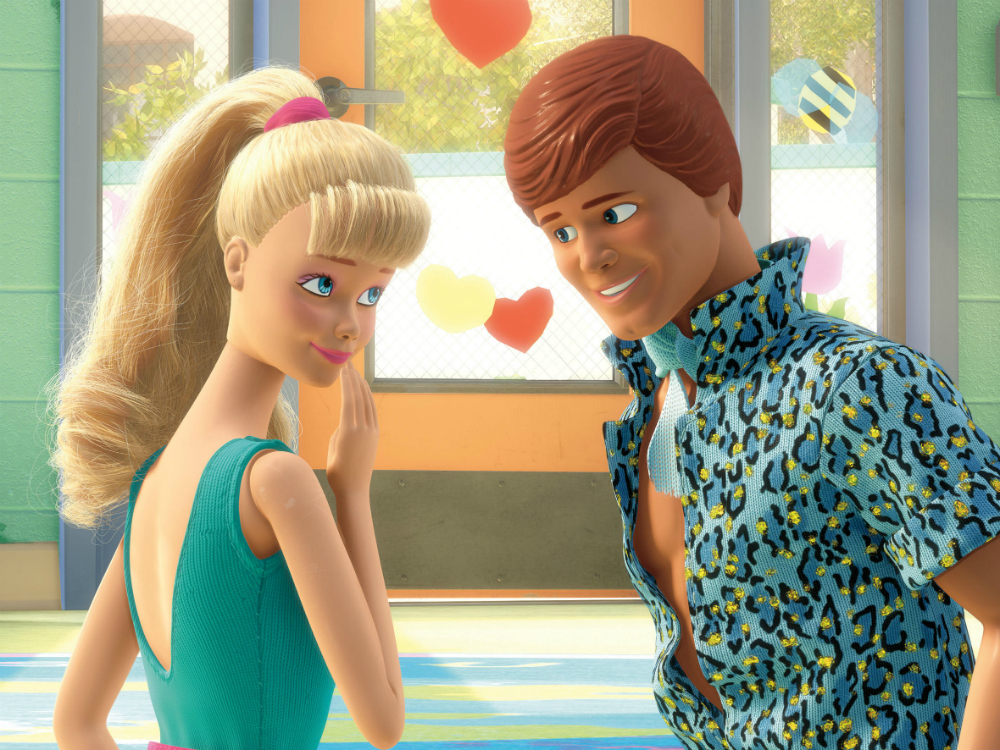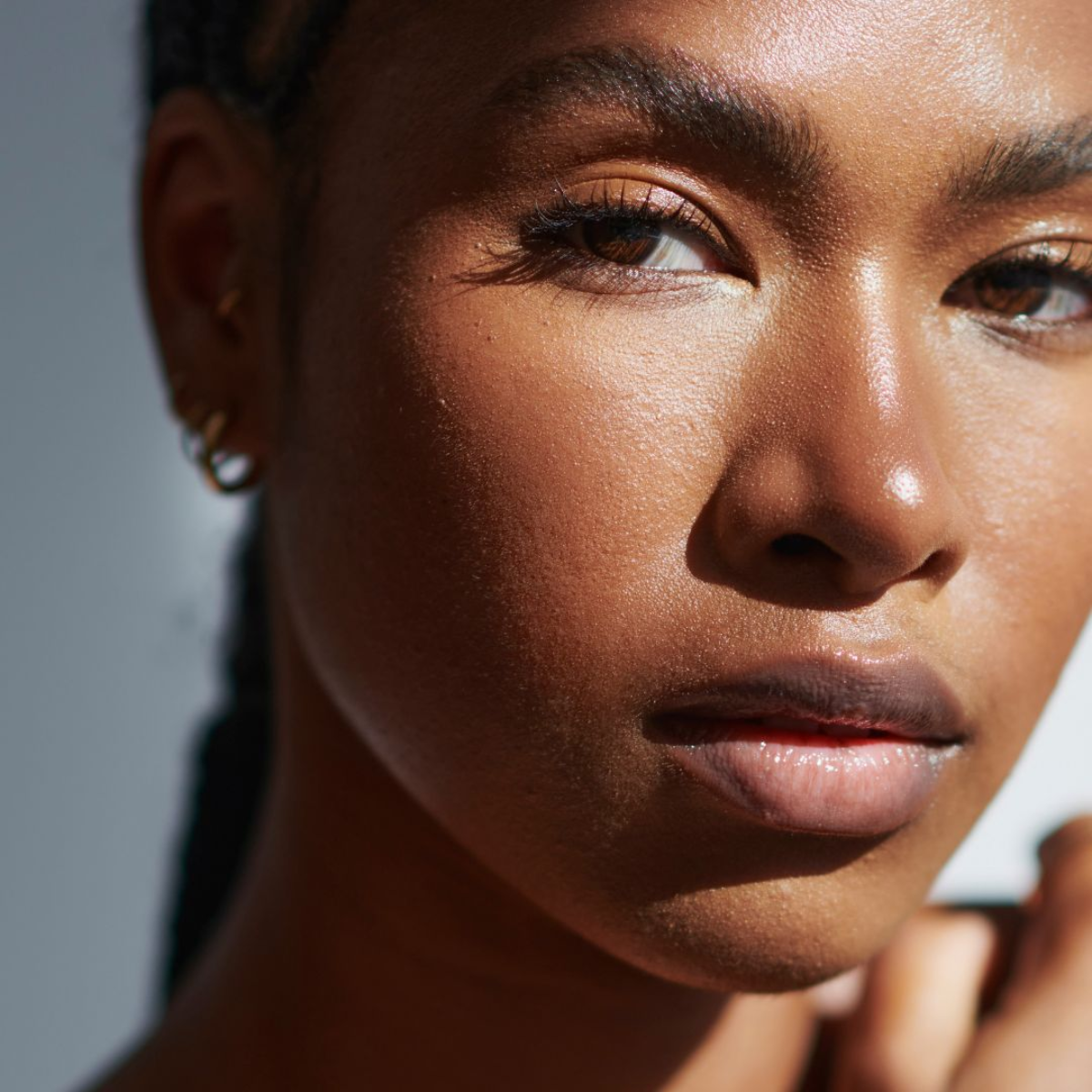Why That Hot Man (Or Woman) By The Bar Definitely Fancies You
A new study is going to make you abandon everything you ever thought you knew about dating...

A new study is going to make you abandon everything you ever thought you knew about dating...
Here's a positive piece of news for your secretly-superficial selves. A brand spanking new study, carried out by the cleverclogs over at Psychological Science, has revealed that you don't need to be as conventionally attractive as your partner in order to have a happy relationship.
In fact, your appearance has 'nothing to do' with your relationship satisfaction at all.
Lucy Hunt, who conducted the (incredibly high brow) study by surveying 167 couples, and then making a group of students rate their looks (which sounds fun, albeit questionable) explains that if you like the hot man (or woman) propping up the bar, but feel like you're not as good looking* enough to approach him (or her), then you're wrong. Because you have just as much chance at living happily ever after together as anybody else.
'We found that romantic partners who were similarly attractive were no more likely to feel satisfied with their relationship than romantic partners who were not similarly attractive,' Hunt explains. 'Specifically, in our sample of dating and married couples, we did not find an association between partner matching in attractiveness and satisfaction with the relationship for either women or men.'
But what's really interesting, is the fact that the study also went on to prove that a person's perception of attractiveness is not only totally subjective, but has the power to change over time, too.
So you genuinely can make that human Ken doll fancy you, even if you don't have Barbie as a doppelganger yourself.
Marie Claire Newsletter
Celebrity news, beauty, fashion advice, and fascinating features, delivered straight to your inbox!
'Perceptions of a partner's attractiveness can change over time, deviating from the ‘average’ perception of that partner's attractiveness,' Hunt says. 'So even if most people might rate a particular person as a 5 out of 10 on attractiveness, that person's partner may rate the person as an 8. In short, it is not that physical attractiveness is unimportant, but rather perceptions of attractiveness can change, becoming increasingly unique as individuals get to know one another better over time.'
'I think our findings are uplifting,' she adds. 'I would say that the goal is not to be as attractive as possible to the average person or to be instantly attractive at first glance, but to be attractive in the eyes of a particular individual one would be interested in pursuing.'
Which makes sense to us. Now, if you'll excuse us, we're off to get intimate with David Gandy.
*Incidentally, at this point in the article, we'd like to comment that a) even before this study, you were all good looking enough for anybody, and b) if anybody or anything dared make you feel otherwise, then they're a poohead.
And if this has piqued your interest, and got you thinking, 'boy oh boy, I wish there were more scientific studies for me to read about', why not have a skim over this, explaining how your postcode affects when you're going to give birth.
Or this, looking at how 50 per cent of men can't wait for the male pill.
You can thank us later.
The leading destination for fashion, beauty, shopping and finger-on-the-pulse views on the latest issues. Marie Claire's travel content helps you delight in discovering new destinations around the globe, offering a unique – and sometimes unchartered – travel experience. From new hotel openings to the destinations tipped to take over our travel calendars, this iconic name has it covered.
-
 Selena Gomez has re-entered the conversation about her 'Emilia Pérez' criticism
Selena Gomez has re-entered the conversation about her 'Emilia Pérez' criticismBy Jenny Proudfoot
-
 I'd never run a marathon before - six years on, I'm one of the UK's fastest female marathoners. Here's how I train every week
I'd never run a marathon before - six years on, I'm one of the UK's fastest female marathoners. Here's how I train every weekSerious inspo, served.
By Ally Head
-
 There’s a big difference between sensitive and *sensitised* skin—here are four derms on the key distinctions
There’s a big difference between sensitive and *sensitised* skin—here are four derms on the key distinctionsPlus, ways to approach both
By Denise Primbet